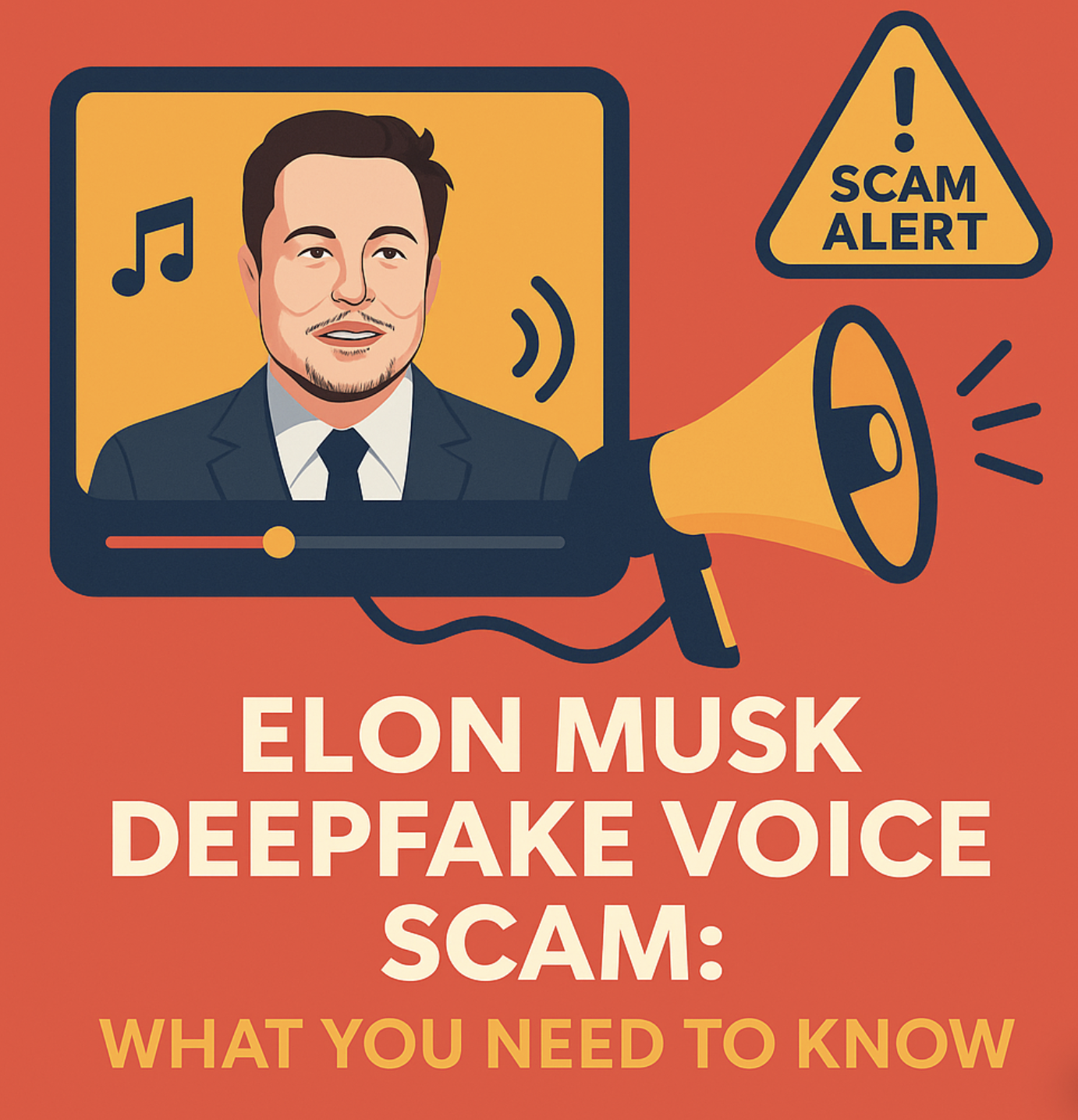In an era where technology has advanced rapidly, the emergence of deepfake technology has raised numerous ethical and security concerns. One of the most alarming uses of this technology is in scams that leverage the likeness of famous figures, such as Elon Musk. This article explores the mechanics of the Elon Musk deepfake voice scam, how it operates, its impact on victims, and essential protective measures.
Understanding Deepfake Technology
What is Deepfake Audio?
Deepfake audio is an AI-driven technology that manipulates sound recordings to mimic a person's voice. By analyzing samples of the target's speech, algorithms can create new audio that sounds remarkably similar. This technology has many applications, from entertainment to education, but its misuse for fraudulent activities is particularly concerning.The Allure of Elon Musk's Persona
Elon Musk, the CEO of Tesla and SpaceX, is a public figure known for his bold innovations and business ventures. His persona attracts immense attention, making it a prime target for scammers. By using Musk's voice, scammers can leverage his popularity and credibility to create convincing fraudulent schemes that exploit unsuspecting victims.How the Elon Musk Deepfake Voice Scam Operates
Common Scenarios
Deepfake voice scams involving Elon Musk typically unfold in a few distinct scenarios:- Impersonation for Investments: Scammers create audio clips of Musk promoting a fake investment opportunity, urging listeners to participate in what appears to be a legitimate financial venture.
- Urgent Requests for Funds: Fraudsters may use deepfake audio to impersonate Musk asking for urgent financial assistance. Victims may believe they are helping the billionaire in distress.
- Phishing for Information: In some cases, scammers might impersonate Musk’s voice to solicit sensitive information from unsuspecting individuals, claiming they need it to process a transaction.
The Process of Deception
- Data Collection: To create a deepfake audio clip, scammers first gather voice samples of Elon Musk from interviews, speeches, and social media posts.
- AI Processing: Using sophisticated machine learning algorithms, hackers analyze the collected audio data to replicate Musk’s vocal patterns and speech style, producing new synthetic audio clips.
- Execution of the Scam: Once the audio is created, it is often distributed through social media, emails, or phone calls, duping individuals into believing they are interacting with Musk himself.
Recognizing the Red Flags
Signs of Deepfake Audio Scams
While deepfake technology can create convincing impersonations, several indicators can help you identify a scam:- Unusual Requests: If you receive an unexpected request for money or sensitive information from someone claiming to be Elon Musk, validate the request through other channels.
- Subtle Voice Inconsistencies: Even advanced deepfakes may contain slight mismatches in tone or rhythm. If the voice sounds unnatural, it might be a red flag.
- Contextual Errors: Be wary of any requests that seem out of character for Elon Musk. Scammers may produce scenarios that don’t align with his usual behavior or communication style.

